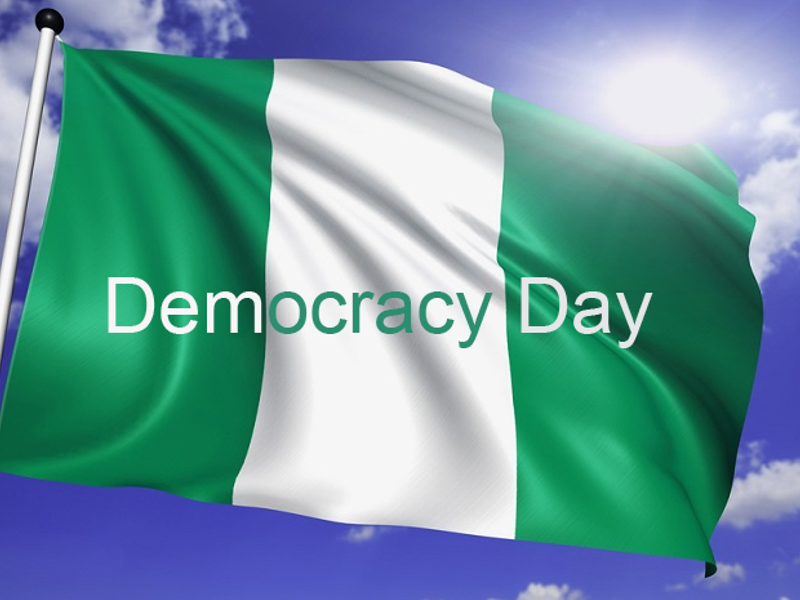Nigeria’s Democracy Day is a national holiday commemorating the restoration of democracy in the Federal Republic of Nigeria, but did you know that the date has been changed to June 12th, 2019? In this article, we will examine the history of Democracy Day Nigeria, its significance for Nigeria’s future, and pertinent resources for commemorating the day.
Nigeria obtained independence from Great Britain on October 1, 1960. On January 15, 1966, Nigeria had its first of numerous military coups, followed by civil war. Nigeria was controlled by a succession of military juntas throughout its independent history, with intermittent periods of democratic governance, like from 1979 to 1983 under Alhaji Shehu Shagari. General Sani Abacha was the last significant military dictator who died unexpectedly in 1998. The transition to democracy was promised by his successor, General Abdulsalami Abubakar, and a new constitution was enacted on May 5, 1999. General Olusegun Obasanjo, who had previously ruled Nigeria as a military dictator, was elected president after the elections. People have continuously observed Democracy Day since 1999 to commemorate the end of military dictatorship and the restoration of power and authority to those democratically elected by the people. On this day,
Nigerians renew their commitment to protecting and preserving democratic principles. Since 2000, Democracy Day has been commemorated annually on May 29. In 2018, Democracy Day was moved to June 12 allegedly to honor the late Chief MKO Abiola and those who perished in the fight to recapture the June 12, 1993 election he was thought to have won.

Figure 2 – Democracy day celebration. Source – Google
Additionally, democracy implies economic growth and a higher quality of life for residents. In several regions of the globe, democracy has been linked to solid economic development via enhanced educational institutions, better healthcare, human capital accumulation, political stability, better infrastructure, and better living circumstances. Nigeria is presently the fourth-largest democracy in the world after a long and arduous path towards it. The nation has generally seen improvements in its infrastructure, such as the revival of rail transit. The fundamental elements of genuine democracy are elected officials, an independent judiciary, freedom of speech and assembly, organized opposition, tolerance, collaboration, compromise, equality, and a free press.

Figure 3 – Democracy day celebration. Source – Google
At democracy day, With less than a year remaining in his eight-year term, President Muhammadu Buhari has pledged to organize a free, fair, and transparent general election in Nigeria in 2023. He has also urged all Nigerians to cooperate with the government to create a peaceful and prosperous nation. In honor and memory of the June 12 icon, the late Chief MKO Abiola, he urged the citizenry to embrace the election process that would produce the desired outcomes. He indicated that he will stay devoted and determined to guarantee that the 2023 presidential election is conducted peacefully and openly. As we congratulate Nigerians on the observance of another Democracy Day, we call for all hands on deck to ensure democracy is strengthened and the nation reaps its tangible benefits.

Anand Subramanian is a freelance photographer and content writer based out of Tamil Nadu, India. Having a background in Engineering always made him curious about life on the other side of the spectrum. He leapt forward towards the Photography life and never looked back. Specializing in Documentary and Portrait photography gave him an up-close and personal view into the complexities of human beings and those experiences helped him branch out from visual to words. Today he is mentoring passionate photographers and writing about the different dimensions of the art world.





